Table of Contents
Social media has become an integral part of our daily lives, with many of us spending hours each day scrolling through our feeds. While social media can be a great way to stay connected with friends and family, it can also hurt our mental health.
In this blog post, we’ll explore the benefits of disconnecting from social media, including improved mental health, better sleep, and increased productivity. We’ll also provide tips and strategies for reducing social media use and finding a healthier balance in your digital life.
How’s the social media landscape now?
A study by the University of Montreal found that spending more than two hours a day on social media can lead to symptoms of anxiety, depression, and loneliness in teenagers. The study surveyed over 3,800 Canadian students aged 12-17 and found that face-to-face interaction was more effective at reducing feelings of loneliness and depression than social media use.
While social media can be helpful in communication and social connection, excessive use can negatively affect mental health, especially for vulnerable populations such as teenagers. The findings underscore limiting social media use and prioritizing in-person social interaction for better mental health and well-being.
Ever since the pandemic, most people have been confined in their homes or even in various locations where they felt comfortable living. Then when they got nothing to do; it’s that time they go inside the rabbit hole of social media. Browsing through everyone’s feed and looking at their oh-so-aesthetic posts, most people thought achieving that “aesthetic” feed for themselves was good.
Social media helped so many people by allowing them to communicate wherever they were. Put up their businesses, reach their target audiences, and share their advocacy. It isn’t all bad, but if it’s too much, and you get consumed by social media, that’s not good.
Companies and brands use different social platforms to get leads, recruit, and raise brand awareness. That also changed the way how people use social media. With sponsored posts or ads, some stay away from the platforms because it seems too intrusive and repetitive. Honestly, I felt that way.
Nevertheless, social media is a tool that people treat differently. Some use it to spread negativity, or bully someone, but some use it for good, like communication (which was its primary purpose) and for business.
Thinking about disconnecting from social media?
Disconnecting from one of the things that you frequently use every day can be tough. Some would even say it’s not merely disconnecting, but totally leaving or breaking up with these platforms. What I would say is that refraining from checking social media accounts gave me a sense of peace. I don’t feel the need to be on the loop all the time. Some may have this fear of missing out (FOMO) but, I’m enjoying missing out on some things.
So, if you think about staying away from social media, I know that it’ll do you good. You’ll find some level of peace and even joy when you do that. Okay, so next up is how to disconnect from social media. It will be from my take as how I did it. Note that not everything I write or share here may be applicable in your life. It still depends on how you prefer or navigate in your life.
How to disconnect from social media?
In today’s hyper-connected world, it’s easy to get lost in the endless scroll of social media. However, studies indicate that excessive social media use can negatively impact our mental health and well-being. If you’re looking to take a break from social media, whether for a short period or for the long term, there are steps you can take to disconnect and prioritize your mental health.
So, I’ll be writing and sharing some tips and strategies for disconnecting from social media and improving your overall well-being.
Schedule when you open your social media accounts
In my case, I have a schedule when I will check my social accounts. For my Facebook account, which I rarely use, I open it on a weekly basis. Since my best friend isn’t on Instagram nor Telegram, that’s where we often communicate aside from texting each other. And yes, texting is still alive!
Aside from that, I don’t use my Twitter that much anymore. So, it’s almost dormant and automated using IFTTT. All the tweets there are scheduled and connected to platforms like YouTube or Twitch. I remember one of my closest friends thought I was still active in the bird app. Ever since the ruckus with Elon Musk, I stayed away from the app and platform. Eventually, I found it too noisy and felt like most of the tweets I see are a nuisance. So, I searched for alternatives for microblogging. Then, I found Mastodon. I liked the fediverse and its benefits. It’s more organic and genuine.
Going back to the main topic, you can create a schedule as to when you’ll open your social accounts and check your notifications and your feed. Lately, I’ve been losing touch in posting on Instagram, so it mainly serves as another messaging platform. I also use it for research like finding tips, discovering new things, and learning about ADHD.
Read books or consume other forms of content
Call me an old soul, but reading empowers anyone. It provides you the information you need and enlightens you about certain topics that you aren’t knowledgeable in. Plus, reading can bring people together, too. Book clubs or bookstagrams are around to inspire you and recommend books that you may like.
There are so many bookstagram accounts on different platforms that share book reviews, honest opinions, and even blurbs about various books across genres.
Play games, inside and outside your home
Another way to disconnect from social media is to play games. Lately, I’ve been playing Genshin Impact more since there was a new update that came with new quests. As someone who’s deeply interested in the game lore, I went deep dive in the quests and realized some Easter eggs that would be detrimental to the bigger picture.
Aside from playing video games, you could also play board games, card games, or even team games with your friends. It would be good for your mental health to get moving and exercise your mental muscles.
So, the million-dollar question would be, what are the benefits of disconnecting from social media?
Benefits of disconnecting from social media
Social media has become an integral part of our daily lives, with millions of people using it to stay connected, informed, and entertained. However, excessive use of social media has been linked to negative effects on our mental health, including anxiety, depression, and stress.
As a result, many people are choosing to disconnect from social media to improve their overall well-being. In this post, we’ll explore some benefits of disconnecting from social media, as well as tips and strategies to help you make the most of your time away from social media.
From increasing productivity to improving mental health, there are many reasons why disconnecting from social media can be beneficial for you. Let’s dive in and explore some of these benefits in more detail.
Peace of mind
Social media has become an inseparable part of our lives, constantly demanding our attention and often causing stress and anxiety. Disconnecting from social media can help us achieve a state of inner peace and calmness, which is commonly known as “peace of mind.” Peace of mind is a state of mental and emotional calmness where we experience no fear, worry, or stress, and instead feel happy and relaxed at the moment.
Achieving peace of mind offers many benefits, including improved concentration, efficiency, patience, tolerance, and freedom from stress and anxiety. Disconnecting from social media and taking a break from its constant noise and stimulation can help us achieve this state of inner peace and experience its many benefits.
From my experience, I felt better when I disconnected from social media. I didn’t feel the need to always check what my friends were doing or where they could possibly be. It’s also refreshing not to see anything negative like stress from the news or even memes that don’t make any sense.
However, it’s still crucial to know what happens around you, so consume news the way that it won’t cause you any stress.
Better physical health
According to a study published on PubMed, excessive screen time is associated with poor sleep and risk factors for cardiovascular diseases such as high blood pressure, obesity, low HDL cholesterol, poor stress regulation, cortisol dysregulation, and Insulin Resistance.
Additionally, the Mayo Clinic links excessive screen time among kids to a loss of social skills, behavioral problems, less sleep or irregular sleep, obesity, and even violence. It is important to monitor and limit screen time, especially for children, to mitigate these negative effects.
Aside from disconnecting from social media, it will also allow you to move around and get on your feet. It will help you become physically fit, exercise, and improve your overall well-being. Not only that, but getting enough movement is also good for your mental health.
More positive self-image
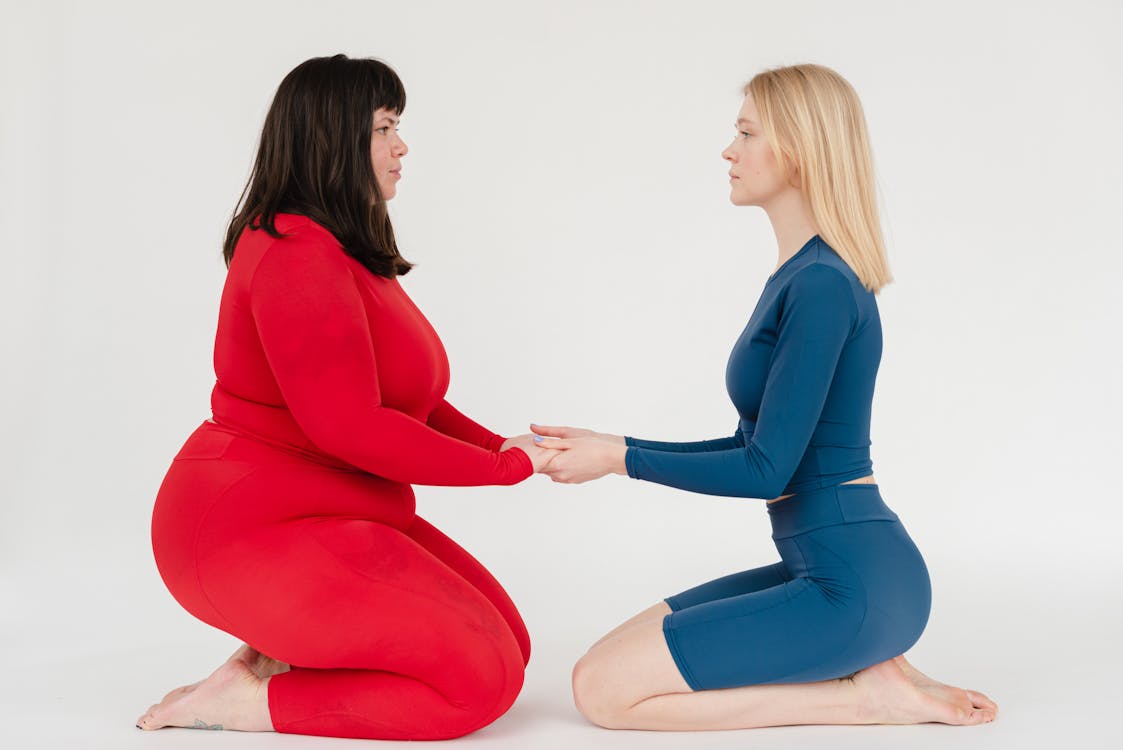
According to the Cleveland Clinic, a positive self-image can boost our physical, mental, social, emotional, and spiritual well-being. Disconnecting from social media, which can be a source of unrealistic expectations and negative self-comparison, may help individuals develop a more positive self-image. By focusing on oneself and personal growth instead of constantly comparing oneself to others online, individuals may be able to build a stronger sense of self-worth and positivity.
From experience, it removes the habit of comparing yourself to the images of models or other people you see on social media. Some may post their bikini photos or their workout photos that make you feel insecure. When you stop browsing or scrolling, you give yourself a chance to love yourself more. It creates a more positive self-image and you don’t gaslight yourself.
How to make the most of your time away from social media?
Making the most of your time away from social media requires intentional and focused effort. It can be difficult to maintain concentration for long periods of time, but working in short, focused sessions can increase productivity and help you make the most of your time.
Additionally, delegating tasks you dislike or are not good at, setting small achievable goals, and engaging in activities that bring you joy can help you maximize your time and energy during a break from social media. In this way, you can use your time more effectively and accomplish the things that matter most to you.
Here are some tips and strategies to help you make the most of your time away from social media:
- Time trackers: Use time tracking apps or methods to gain awareness of how you spend your time. This can help you identify where you may be wasting time and where you could allocate more time for productive activities. (If you download Forest, use my code: 534ZRCSG to get 500 coins!)
- Time management strategies: Incorporate tried-and-true time management strategies into your daily routine. These can include timeboxing, tackling one task at a time, and scheduling your day with more intention.
- Goal-setting: Set specific goals for yourself and create a strategic plan for achieving them. This may require saying no to other activities or commitments to prioritize your goals.
- Healthy habits: Develop healthy habits that encourage time management, such as regular exercise, good sleep hygiene, and setting boundaries around work and leisure time.
By implementing these tips and strategies, you can make the most of your time away from social media and increase your productivity and well-being.
Final thoughts
Disconnecting from social media can have numerous benefits for mental health. By limiting distractions and increasing productivity, individuals can better focus on important tasks and reduce stress. Unplugging from social media can also lead to improved emotional intelligence and more in-depth understanding of emotions. Furthermore, by reducing anxiety and depression and raising self-esteem, individuals can experience an overall improvement in their mental health.
According to some recent research, social media can interfere with daily activities and relationships for individuals affected by ADHD. Additionally, social media can also make a person with ADHD feel insignificant due to the constant comparisons with others’ online posts. By disconnecting from social media, individuals with ADHD may find it easier to focus on significant tasks and may experience a decrease in anxiety caused by the constant barrage of information and comparisons on social media. It is essential to note that impulsivity, inattention, and hyperactivity are the three main symptoms of ADHD and can also influence social skills in kids, teens, and adults.
Overall, taking a break from social media can be a powerful tool in promoting well-being and should be considered as a part of a healthy lifestyle.
Did you like this post? Don’t forget to pin it!


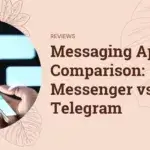
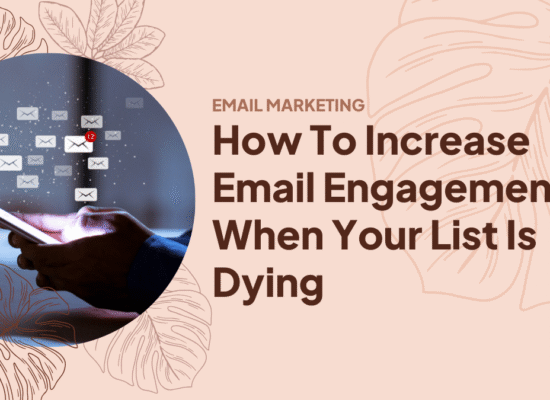
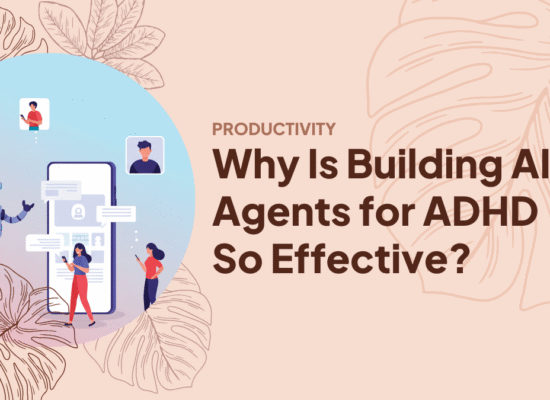
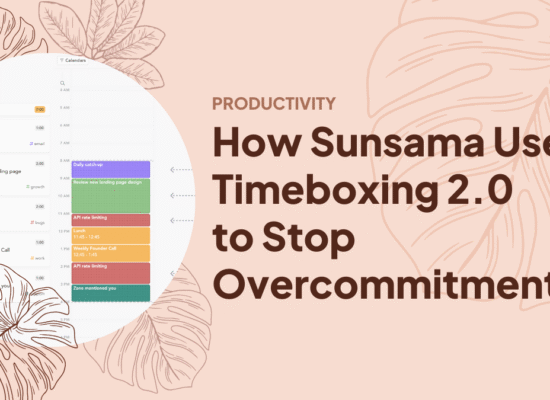
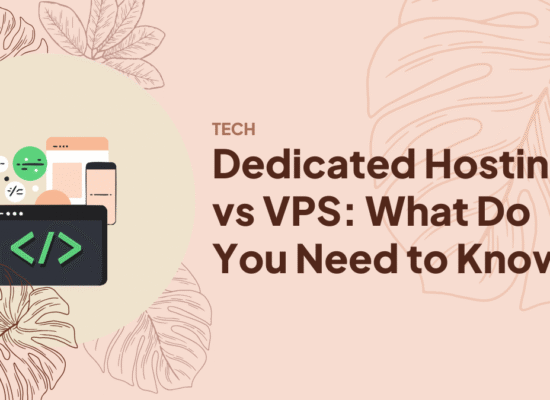
No Comment! Be the first one.